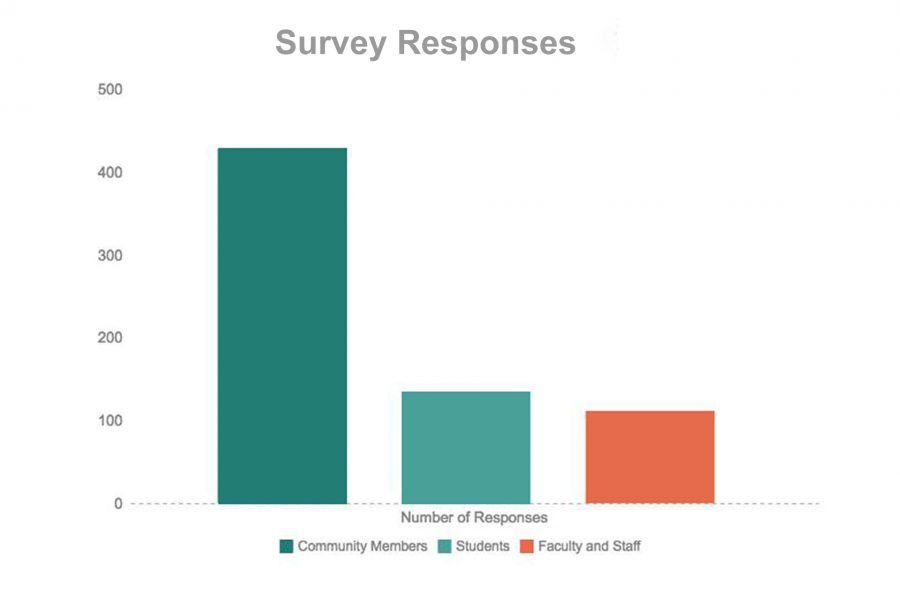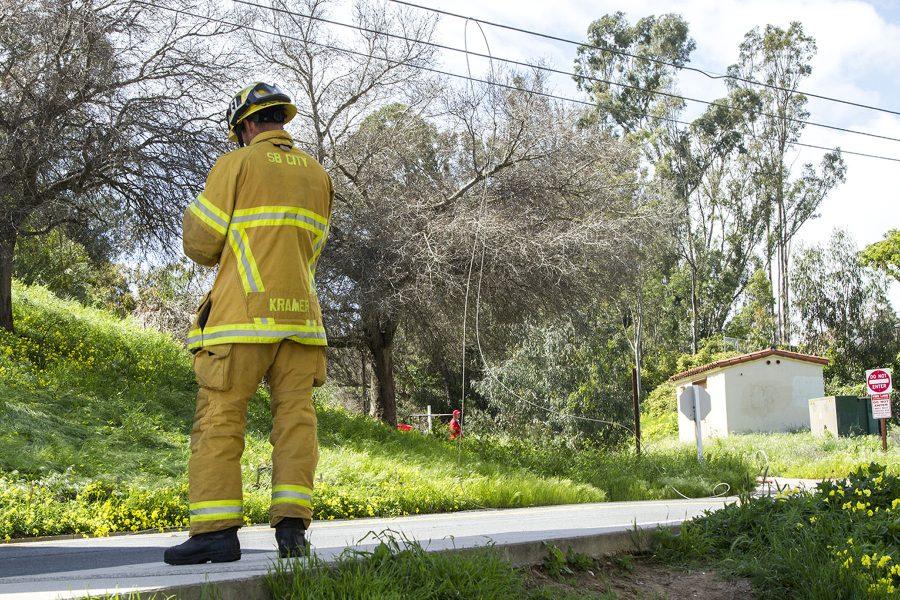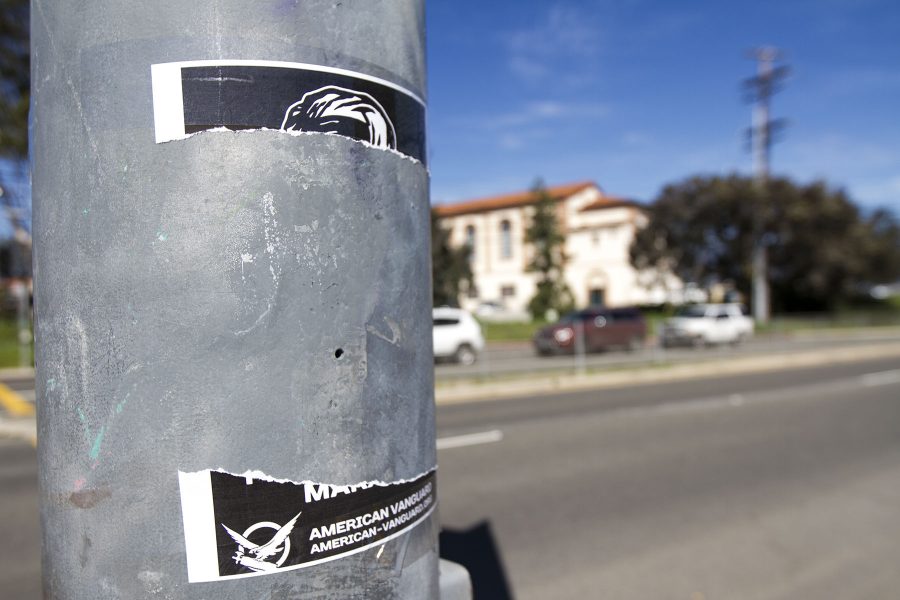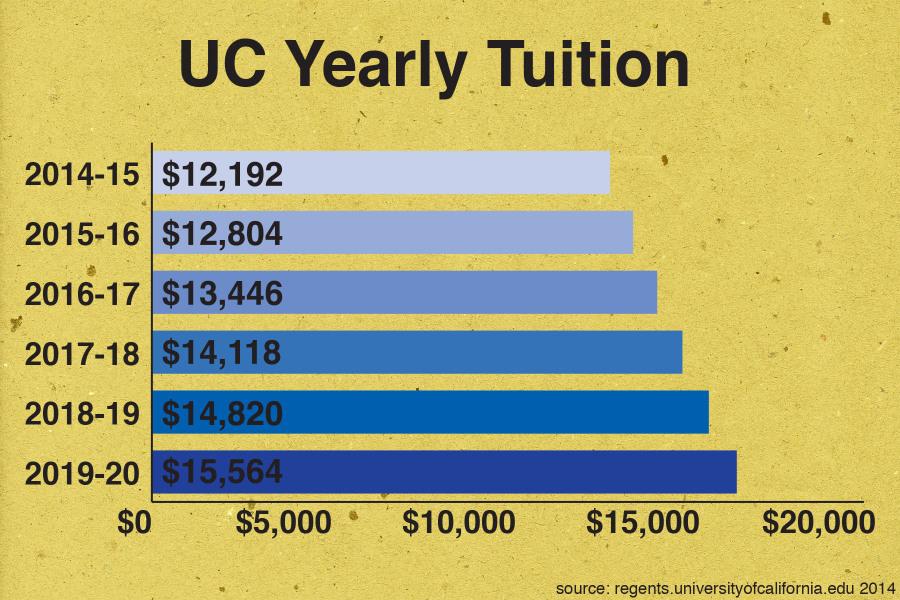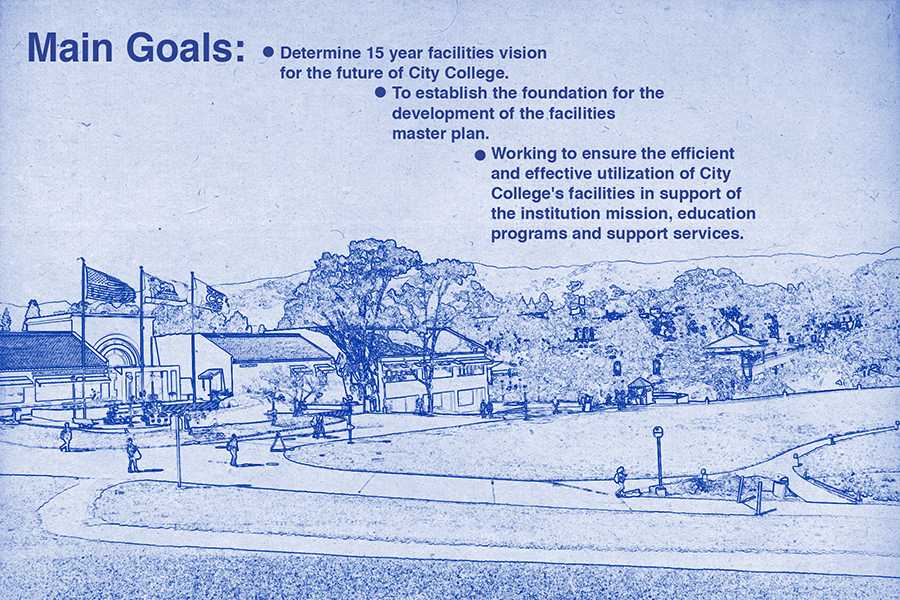Enrollment and budget projections show City College continuing a financial fall for the upcoming 2016-17 academic year, leaving the College Planning Council concerned about overspending.
The school’s decreasing enrollment has been a constant topic of discussion for the College Planning Council, finding its way into every meeting this spring. The projections continue to become lower and lower.

Joe Sullivan, vice president of business services, 2015.
“The news just keeps getting worse, it’s not getting better,” said Joe Sullivan, vice president of business services. “For next fall, we’re not even going to be able to impact it at this point.”
Lyndsay Maas, controller of fiscal services, estimates show overspending around $500,000 dollars next school year. This projection does not include any money that might be transferred to construction or the Orfalea Early Learning Center.
With all of the possible transfers added up, Maas predicted that City College could end up with a $5 million loss next school year.
One of the most costly programs also left out of the projection is program review. City College uses program review to rank the needs of different departments and programs and costs $1.8 million to run.
In a previous meeting, the council decided to continue reviewing programs after some debate. The evaluation process was deemed necessary for programs to provide their best services.
Rising retirement and pension plans will add more financial hurdles for administrators in the future. The programs, California Public Employees Retirement System, and the California State Teachers’ Retirement System will continue to rise at about $1 million each year according to Maas and Sullivan.
The school gets about $9,000 per full-time student, and if City College fails to replenish its enrollment the gap between revenue and expenses will continue to grow.
Several weeks ago the council proposed a “hiring chill” to lessen the college’s expenses by slowing down hiring. However, according to library director, Kenley Neufeld, an “uncommunicated chill” has already begun.
“There’s a vacancy in the [Faculty Resource Center]. I was basically told don’t ask for this position,” said Neufeld. “We’re not following our former practice of six months ago, which was basically if there’s a need in the department, then replace it.”
According to the council, online classes have been a little bit safer from the decline, seeing a drop of less that 1 percent, and the effect on adjunct faculty has also been small. The council hopes to understand the two have been stable when everything else has slipped, and emulate it for the rest of the school.





